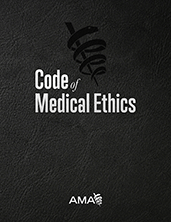Ethical Dilemmas of Personalized Medicine
With the rise of cheap and rapid gene sequencing techniques, personalized medicine has taken the spotlight in discussions about health care of the future. Personalized medicine describes the tailoring of medical treatment to fit the individual characteristics of each patient.



